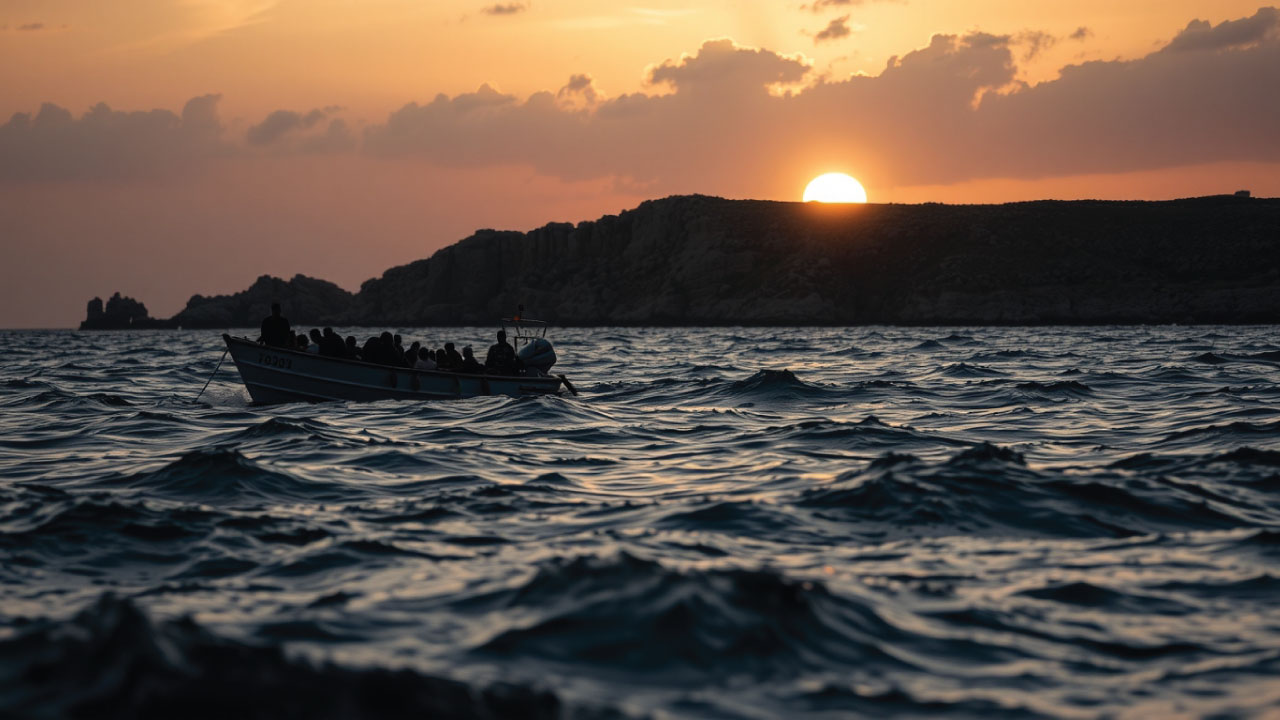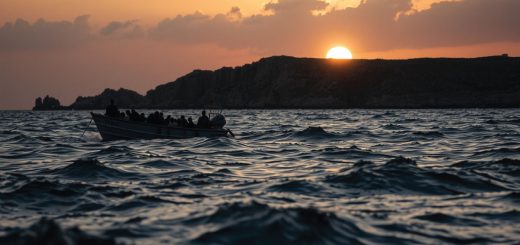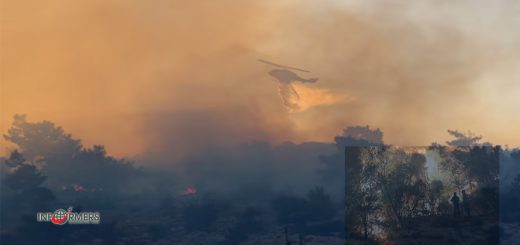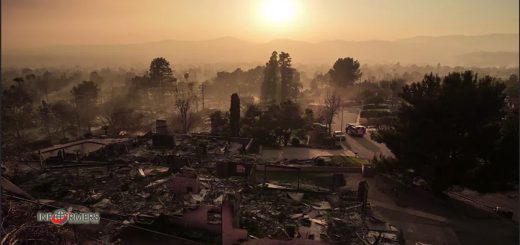Israel Blocks Humanitarian Aid – ООН

Israel has denied UN access to the Rafah border crossing in the Gaza Strip, a spokesman for the Office for the Coordination of Humanitarian Affairs said today. Recall that the Israeli armed forces took operational control of the southern border crossing of Rafah on the Palestinian side, which borders Egypt and is crucial for the distribution of humanitarian aid, being the only way out for those wounded from the war in the Gaza Strip.
In the morning, following a ground and air operation in eastern Rafah on Monday evening, Israeli security forces began operations to search for Hamas militants and take control of the area. These actions took place against the backdrop of diplomatic efforts abroad to achieve a new truce.
Gaza authorities said Israel’s actions were a “death sentence” for residents of the strip, especially the sick and wounded.
During the seven-month war, Rafah, the only crossing not controlled by Israel, was the only outlet to the outside world for the 2.3 million Palestinians in the Gaza Strip.
Israeli forces said their limited military operation in Rafah would target Hamas militants and also aim to destroy their infrastructure.
The United States, Israel’s main ally, has expressed opposition to the attack on Rafah, which serves as the last refuge for about 50% of Gaza’s population.
UN spokesman Jens Lark said they do not have a physical presence at the Rafah crossing because Israel’s Kogat agency, responsible for coordinating Israeli policy in the occupied Palestinian territories, does not allow access to the area, which is the main route for humanitarian aid.
In addition, a representative of the UN Office for the Coordination of Humanitarian Affairs warned that due to the closure of the Rafah border crossing, fuel supplies for humanitarian operations in the Gaza Strip are almost running out. According to the spokesman, their fuel supplies could run out within a day as fuel enters the sector exclusively through Rafah, jeopardizing all humanitarian activities in the region.
EU High Representative Josep Borrell said today there was a risk of further significant civilian casualties in Rafah, home to 600,000 children, as a result of the military operation that Israel launched yesterday.
At a meeting of the EU Foreign Affairs Council attended by EU development ministers, Borrell expressed regret that, despite calls from the international community, Israel decided to launch a ground offensive in Rafah last night.
“The saddest news is that a ceasefire could not be reached. Hamas was ready to accept it, but Israel rejected it. The ground attack on Rafah has resumed despite calls from the international community, the US, EU countries and everyone who asked Netanyahu not to attack Rafah,” Borrell said. He expressed concern, adding: “I’m afraid this will lead to more civilian casualties again. There are 600,000 children living in Gaza. They say they intend to move people to so-called safe zones. There are no such zones in Gaza.” He noted that the political dimension of this situation will be discussed at the next meeting of the Council of Foreign Ministers, stressing that the situation is “very alarming” and warning of a possible worsening of the humanitarian crisis.
Yesterday, Borrell, in a post on X (formerly Twitter), called Israel’s evacuation orders “unacceptable,” warning that they “could lead to the worst-case scenario: new war and famine.”
On the issue of EU support for UNRWA (the UN Palestine Refugee Agency), Borrell noted that there is no reason to stop payments to UN agencies, as reported in a recent report prepared by former French Foreign Minister Catherine Colonna. UNRWA head Philip Lazzarini also sent a letter to Borrell asking him to resume payments.
At this time, indirect negotiations resumed in Cairo through the mediation of the Qatari delegation. The US noted that Hamas is considering Israel’s proposal for a ceasefire in Gaza.
Meanwhile, Israel continues operations in Rafah and a delegation has been sent to negotiate. UN Secretary-General Antonio Guterres said the threat of a ground “invasion” in Rafah would become “unbearable.”



















